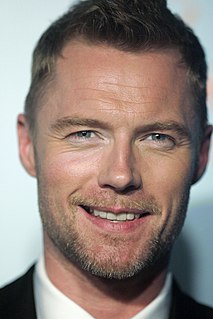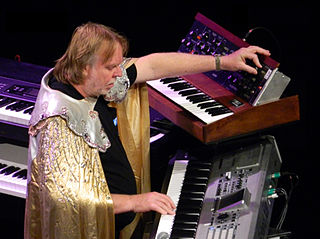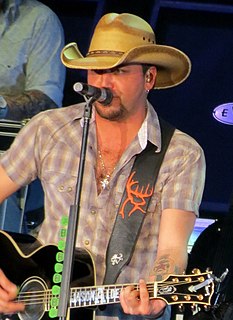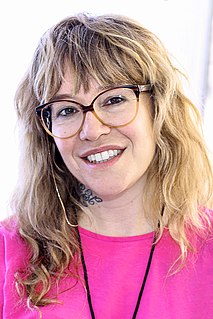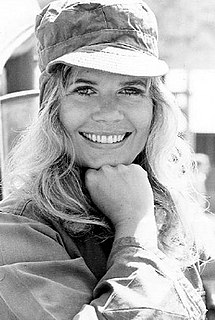A Quote by Ronan Keating
I wouldn't want anyone to go through what my mam did - she was ill for two and a half years with breast cancer that moved to her spine, and died in 1998, when she was 51.
Related Quotes
Just like Marilyn Monroe is a lot of girls' idol, that's how I feel about Dorothy Dandridge. And she any Marilyn were very close friends. She went through a lot, and people told her that she couldn't do certain things, but she didn't let that bother her. She said in her mind that she was going to do them and that nothing was impossible, and she did it. It was so sad... She died from drugs, and drinking as well.
Since the fright of breast cancer hit our family, I have been surprised by how many people are dealing with breast cancer in their own family or with a loved one. One friend bluntly told me that she has been through it with her sister, her mom, and her grandmother, and all are healthy and mentally stronger because of the disease.
The doctor's wife wasn't a bad woman. She was sufficiently convinced of her own importance to believe that God actually did watch everything she did and listen to everything she said, and she was too taken up with rooting out the pride she was prone to feeling in her own holiness to notice any other failings she might have had. She was a do-gooder, which means that all the ill she did, she did without realizing it.
June Jordan, who died of cancer in 2002, was a brilliant, fierce, radical, and frequently furious poet. We were friends for thirty years. Not once in that time did she step back from what was transpiring politically and morally in the world. She spoke up, and led her students, whom she adored, to do the same.
I once picked up a woman from a garbage dump and she was burning with fever; she was in her last days and her only lament was: My son did this to me. I begged her: You must forgive your son. In a moment of madness, when he was not himself, he did a thing he regrets. Be a mother to him, forgive him. It took me a long time to make her say: I forgive my son. Just before she died in my arms, she was able to say that with a real forgiveness. She was not concerned that she was dying. The breaking of the heart was that her son did not want her. This is something you and I can understand.
At 19, if a woman said no, no meant no. If she didn't say anything and she was open, and she was down, it was like how far can I go? If I touch her breast and she's down for me to touch her breast, cool. If I touch her lower, and she's down and she's not stopping me, cool. I'm going to kiss her or whatever. It was simply if a woman said no or pushed you away that was non-consent.
My mother was the first African-American policewoman in Seattle - recruited, actually - and she did it for only 2 years, as she did not want to carry a gun. She worked mostly on domestic disturbances. The NAACP wanted her to do it. She did not actually have the temperament to be a cop - she was very sweet. She had a Masters in social work.
After my mother died, I learned that she'd had a scholarship to the University of Nebraska, but - in kind of a tradition that females don't do things like that - her father prevented her from going. She always said that she wasn't allowed to go to college, but until she died, I never knew that she'd had this scholarship.
Gwynn, she was always talking about wanting to be drunk and honestly I did want to encourage that, I wanted to go to a bar with her and let all the stuff sobriety pushed down be released so I could catch it in my palms and finally kiss her. She was just so sad. Melancholy was a fleshy wave permanently cresting on her face, she had to speak through it when she talked.
I studied in New York. I fell in love with an Australian-born, half-Filipina girl. So we moved to Australia when she went to her university and I moved with her. We moved to Montreal because she was going to take her year abroad, and I wanted to see if I could keep on writing there. It's really hard to make it as a writer in the Philippines.
Hot Lips changed a lot in eleven years. Initially, Margaret Houlihan behaved as though a man were the only thing that could complete her life, and she didn't see what richness her life contained. She gained a lot of self-esteem through the years, and she came to realize that what she did, what she offered, was valuable.
